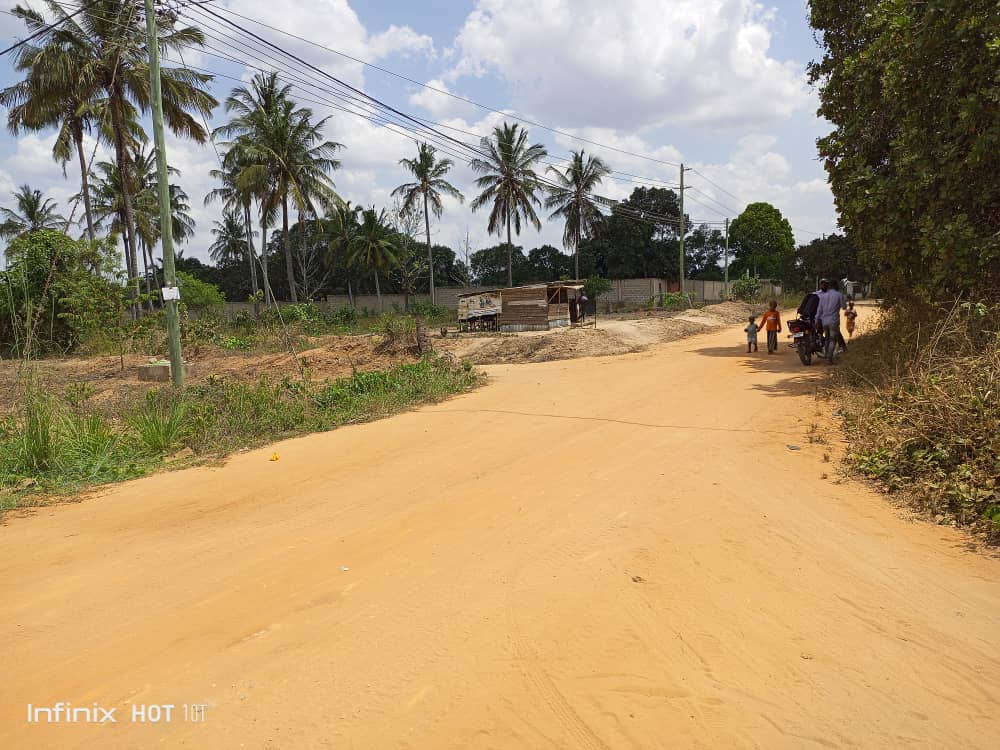The high-profile legal battle involving Ugandan businessman Mohan Kiwanuka has sent ripples through the real estate industry across East Africa. At the center of the controversy are questions around expropriated property laws, title legitimacy, and mental capacity in property transactions — issues that are becoming increasingly important in today’s fast-evolving property market.

Whether you’re a first-time buyer, seasoned investor, or real estate consultant, this case offers vital insights into safeguarding land transactions.
📚 Table of Contents
- Background: What Happened in the Mohan Kiwanuka Property Dispute?
- Court Findings and Legal Interpretations
- 🧠 Mental Health and Estate Oversight
- Impact on Real Estate Law and Practice
- Key Takeaways for Real Estate Investors
- Why This Case Matters for East Africa’s Real Estate Boom
Background: What Happened in the Mohan Kiwanuka Property Dispute?
In the early 2000s, Pokino Properties Ltd, owned by Mohan Kiwanuka, acquired over 316 acres in Sonde, land previously classified as expropriated property belonging to departed Asians. The Departed Asians Property Custodian Board (DAPCB) later challenged the acquisition, alleging fraudulent transfer and registration.
This case raised complex legal questions:
- Was the acquisition of expropriated land lawful?
- Who held the rightful title?
- Can property be repossessed decades after initial allocation?
- What happens if the registered owner is declared mentally unfit?
Court Findings and Legal Interpretations
The Ugandan High Court and Supreme Court grappled with two competing claims:
- Equitable title from a Purchase Certificate issued during privatisation.
- Repossession Certificate from the Custodian Board on behalf of the original owners.
The courts affirmed the principle that registered title under the Registration of Titles Act is generally indefeasible — unless obtained through fraud or procedural irregularities. However, expropriated properties come with their own legal complexities, especially when disposal processes are not properly followed.
🧠 Mental Health and Estate Oversight
By 2025, Mohan Kiwanuka’s mental health had deteriorated significantly. Courts granted his family access to manage his extensive real estate portfolio, citing concerns about his capacity to oversee property matters.
Legal experts warn that if an individual is officially declared of unsound mind, then transactions conducted during that period could be nullified. This adds a new layer of scrutiny for buyers, investors, and estate managers when dealing with aging or ill property owners.
Impact on Real Estate Law and Practice
🔹 1. Defeasible vs. Indefeasible Titles
Property purchased from the government or through privatization programs must be carefully vetted. If procedural requirements (such as statutory inspections, approvals, and sale notices) are not followed, even registered titles may be subject to impeachment.
🔹 2. Due Diligence Is Critical
Buyers must verify:
- The expropriation history of the land.
- Existence of any residual government claims.
- Whether the Minister’s role was fully executed in finalizing property disposal.
🔹 3. Mental Capacity and Legal Oversight
Real estate professionals must ensure sellers are legally competent. In cases where mental capacity is questionable:
- Legal guardians or administrators may be required.
- Recent property transfers can be challenged in court.
Key Takeaways for Real Estate Investors
LessonApplication Do thorough title checksEspecially with expropriated or formerly public land.Verify seller’s legal capacityAvoid future disputes by ensuring mental competence. Document all transactions clearlyUse licensed property valuers and legal counsel.Know the lawUnderstand the implications of Uganda’s and East Africa’s expropriated property statutes.Stay alert to red flagsFraud, incomplete documentation, or ministerial overreach may signal risk.
Why This Case Matters for East Africa’s Real Estate Boom
With the rapid growth of urban real estate markets in Uganda, Tanzania, Kenya, and Rwanda, this case is a wake-up call. As more private developers and foreign investors look to acquire large tracts of land, transparency and legal compliance must be top priorities.
If you’re investing in land or managing property in the region, you must work with reputable professionals and perform enhanced due diligence.
For expert guidance on secure land acquisition and compliance with property laws in East Africa, visit Danvast Land and Property — your trusted partner in real estate.




